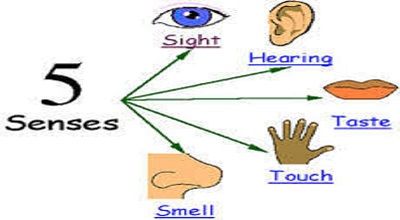Utilizing the Five Senses to Enhance Learning
Recent research and educational practices have highlighted the importance of utilizing the five senses to enhance learning experiences, both in traditional classroom settings and beyond. This approach, known as multisensory or multimodal learning, leverages the integration of sensory inputs to improve memory and learning outcomes.
A study led by researchers from the Department of Physiology, Anatomy, & Genetics at the University of Oxford discovered a neural circuit mechanism explaining how multisensory learning improves memory performance. They found that engaging multiple senses during learning not only aids in the learning process but also enhances later memory retrieval. In their experiments with fruit flies, learning and memory retrieval were improved when multiple senses were engaged, indicating that similar mechanisms could be at play in humans.
Read More…
Incorporating the five senses into educational settings can support students’ mental health and enhance their ability to focus and maintain attention. Techniques such as the 5, 4, 3, 2, 1 coping strategies, creating sensory workspaces, and sensory questions of the day can make the learning environment more inclusive and supportive, especially for students with disabilities. These strategies aim to decrease anxiety, support overwhelming thoughts and actions, and promote a sense of calm and focus.
Alive magazine discusses the concept of multimodal enrichment. Which transforms traditional learning environments by using all sights, sounds, odors, tastes, and proprioceptive information. This approach is supported by the Montessori method. Which emphasizes hands-on experience and engagement of multiple senses. Research in Trends in Cognitive Sciences explains the brain mechanisms behind multimodal learning. Suggesting that such methods can lead to optimized learning and teaching strategies.
Conclusion
These insights into multisensory learning underscore its potential to make education more effective and engaging. By catering to different learning styles and leveraging the natural ways humans process information. Educators can foster environments where students of all ages and abilities can thrive.





